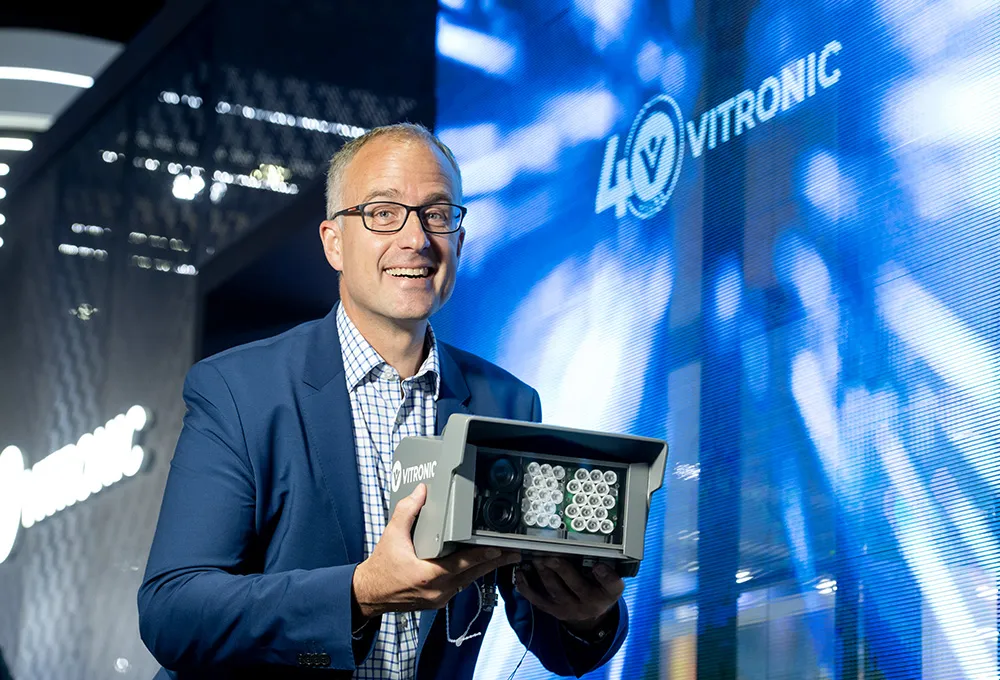In an effort to reduce the increasing number of road traffic accidents and fatalities on the region’s roads, and following extensive testing, the Kurdish Ministry of the Interior has awarded a contract for 300 mobile PoliScan speed enforcement systems to Vitronic Machine Vision Middle East and their local partner Safetico. Using LIDAR (Light Detection and Ranging) to detect speeding vehicles, PoliScan speed enforcement systems can detect multiple incidents over several lanes, and can detect vehicles which a
December 12, 2012
Read time: 2 mins
In an effort to reduce the increasing number of road traffic accidents and fatalities on the region’s roads, and following extensive testing, the Kurdish Ministry of the Interior has awarded a contract for 300 mobile PoliScan speed enforcement systems to 147 Vitronic Machine Vision Middle East and their local partner 7009 Safetico.
Using LIDAR (Light Detection and Ranging) to detect speeding vehicles, PoliScan speed enforcement systems can detect multiple incidents over several lanes, and can detect vehicles which are tailgating or changing lanes, even in heavy traffic. Unlike radar-based systems, laser-based measurement can be used without problems along road works, on curved roads and inside tunnels. The fully automatic systems are ideal for unattended use and can be mounted on tripods, in the front or rear of vehicles, or can be used in stationary housings.
Vitronic will also set up a local calibration facility and workshop to ensure consistent accuracy and legal compliance, as well as providing operator training.
Iraqi Kurdistan, a region around the same size as the Netherlands or Switzerland with abundant oil and gas resources, continues its strong economic growth. The steadily increasing purchasing power and a lack of public transport has led to an increased number of cars on the Kurdish roads in the last years, with a resulting increase in the number of road traffic accidents.
Using LIDAR (Light Detection and Ranging) to detect speeding vehicles, PoliScan speed enforcement systems can detect multiple incidents over several lanes, and can detect vehicles which are tailgating or changing lanes, even in heavy traffic. Unlike radar-based systems, laser-based measurement can be used without problems along road works, on curved roads and inside tunnels. The fully automatic systems are ideal for unattended use and can be mounted on tripods, in the front or rear of vehicles, or can be used in stationary housings.
Vitronic will also set up a local calibration facility and workshop to ensure consistent accuracy and legal compliance, as well as providing operator training.
Iraqi Kurdistan, a region around the same size as the Netherlands or Switzerland with abundant oil and gas resources, continues its strong economic growth. The steadily increasing purchasing power and a lack of public transport has led to an increased number of cars on the Kurdish roads in the last years, with a resulting increase in the number of road traffic accidents.










